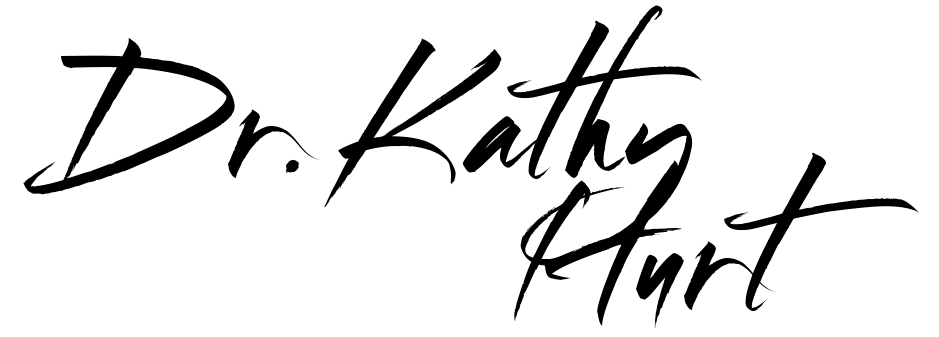I thought by now my life would be different, or rather that I would be different. I took to heart that typical response of adults to children’s questions once complicated matters have moved into focus, how “you’ll understand when you get older.” I counted on reaching that understanding—
–yet I am older now, so much older, and what I have seen happening is not a growth in understanding but a diminishing. While I have mastered many things, while I want to believe I know quite a lot about church and ministry, having spent most of my adult life working in those arenas, the questions I most longed to have answered remain unanswered for me, questions about meaning, about life and death, about God, about the purpose of our short time on earth. Perhaps this is why I resonate so much with Bob Dylan’s song, “My Back Pages,” for he sees the process of aging and understanding working in reverse. When we are young, Dylan says, we speak and act with confidence and certainty, assured of having the answers, even more assured of being right. Then Dylan notes how his own age has eroded that certainty of knowing, as he laments, “I was so much older then, I’m younger than that now,” meaning with age he sees himself like the child asking questions, not understanding, not knowing how to make sense of things.
My life path has followed much the same trajectory as Dylan outlines in his song. I can remember vividly the sureness I had in my younger years as I lived with purpose, set clear goals, pursued what I wanted, knew where I was going most of the time. But there came a point, after accumulating a fair amount of failure in what I intended to do, after experiencing betrayal by people I trusted and seeing myself break trust with others, after seeing death take those I loved, after insisting God answer my “why” questions and hearing mostly silence, that I realized I could reliably know—not much at all.
If we cannot count on knowing more, understanding more, the longer we live, then some other strategy than knowing and understanding will be needed, or else we will look forward mostly to frustration and a growing anxiety over all that seems unclear and unknown. The cliché about the value of knowing what one does not know, of reaching an awareness of the limitations of one’s knowledge, is singularly unsatisfying: for me, knowing that I do not know only serves to fire my resolve to get cracking and figure things out.
“Ah, but I was so much older then. . .” Ah, but I am so much older now, and so much of my life now mystifies me. For any action I take, I can see multiple motivations, multiple other actions I could be taking, and I sometimes feel as if I am in one of those fun houses where mirrors multiply your reflection endlessly. And maybe, just maybe, that is the knowing that will count, knowing how complex life is, knowing that any question has multiple answers, knowing that there is always more to know, knowing that I will not reach some sort of perfect magical end where I finally understand everything, knowing that my last words are not likely to be some version of “oh, now I get it!” but rather, “oh, I still wonder. . . .”

Thoughts to ponder…